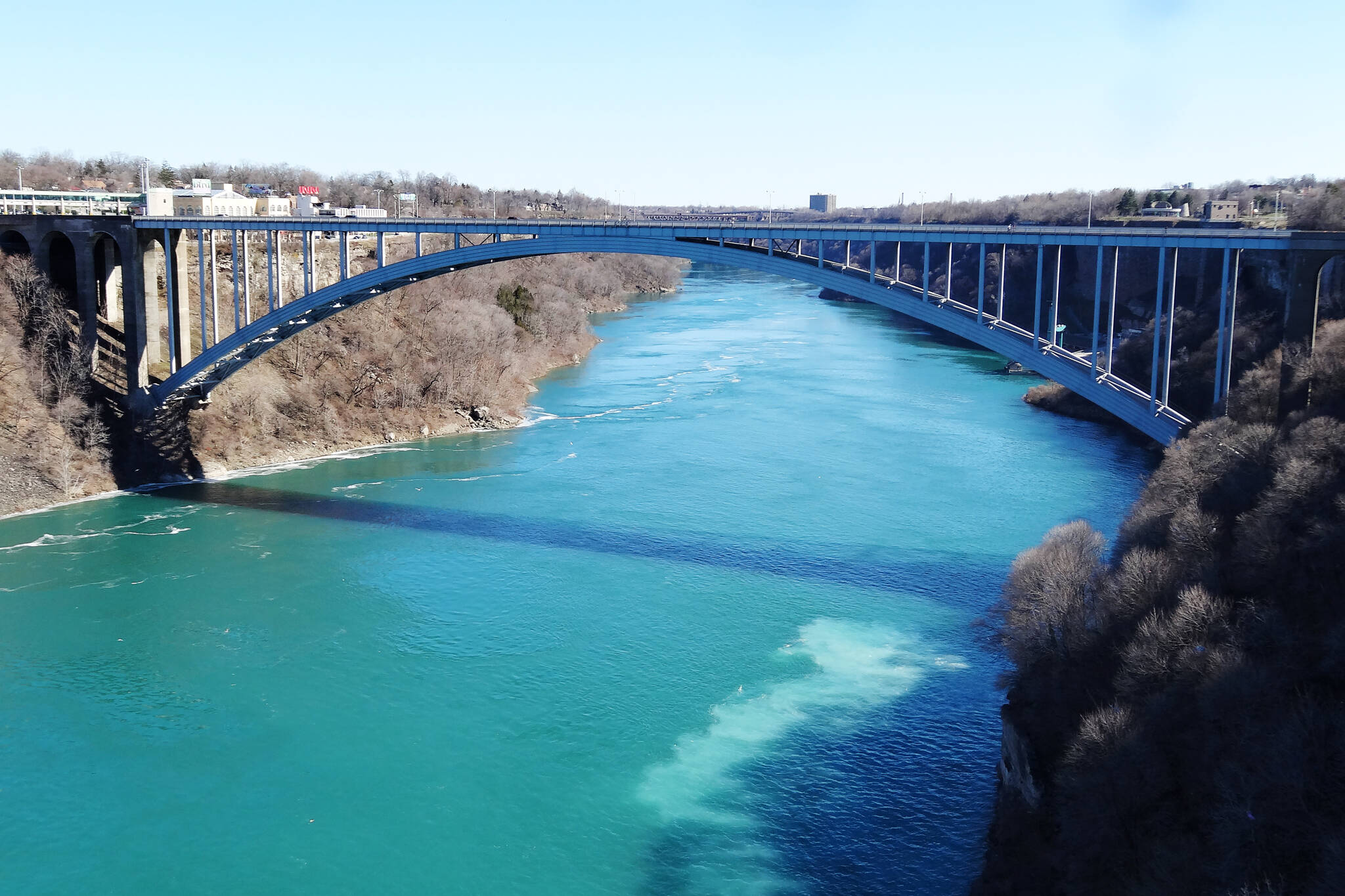
Rules for crossing the Canada-U.S border are changing and here's what you need to know
Taking a cross-border trip is about to get a bit easier.
The rules for crossing the border from Canada into the United States have changed so many times during the past two years, it's difficult to know what to do.
Last November things looked hopeful for a return to normal travel but all that changed when Omicron cases spiked, sending us back into lockdown. Now that the latest COVID-19 wave seems to have passed its peak, the Canadian government is once again adjusting public health measures.
While some people might think recent protests are behind the change, the government suggests Canada's high vaccination rates, the increasing availability and use of rapid tests to detect infection, decreasing hospitalization rates and growing domestic availability of therapeutics and treatments is behind the move.
"For two years now, our government's actions in the fight against COVID-19 have been based on prudence and science," said Jean-Yves Duclos, Canada's Minister of Health.
On February 28, 2022, on-arrival testing requirements are changing.
— Health Canada and PHAC (@GovCanHealth) February 21, 2022
Get the latest here: https://t.co/MQXCrrkDqA pic.twitter.com/l4zq5I7udx
So as of Feb. 28, Canada is easing the on-arrival testing for fully-vaccinated travellers. This means that travellers arriving to Canada from any country and who qualify as fully vaccinated no longer need the expensive PCR test and can instead opt for a cheaper rapid antigen test approved by the country they are coming from, so long as it is taken within 24 hours of their scheduled flight or arrival at the land border, according to a press release.
Taking a rapid antigen test at home is not sufficient to meet the pre-entry requirement — it must be authorized by the country in which it was purchased and must be administered by a laboratory, healthcare entity or telehealth service.
Travellers may also be randomly selected for arrival testing, but they won't be required to quarantine while awaiting their test result. Children under 12 years old travelling with fully vaccinated adults will continue to be exempt from quarantine, without any prescribed conditions limiting a return to school or daycare.
But unvaccinated travellers will need a test on arrival, again after eight days, and must also quarantine for 14 days. Unvaccinated foreign nationals will not be permitted to enter Canada unless they meet one of the few exemptions.
On February 28, 2022, the global travel health advisory will be lifted. Travellers should still take special precautions. Find out more about travelling safely here: https://t.co/4DgasQeAql pic.twitter.com/goYJSyV7CV
— Health Canada and PHAC (@GovCanHealth) February 22, 2022
Canada is also scrapping its recommendation that Canadians avoid travel for non-essential purposes.
All travellers, regardless of how long they were away from Canada, continue to be required to submit their mandatory information via ArriveCAN (via the free mobile app or website), including proof of vaccination in English or French and a quarantine plan prior to arriving in Canada.
Latest Videos
Latest Videos
Join the conversation Load comments







